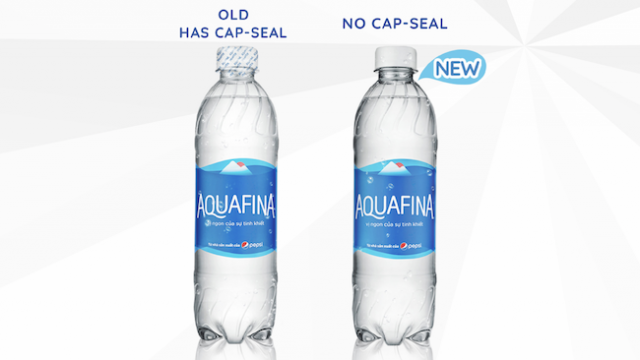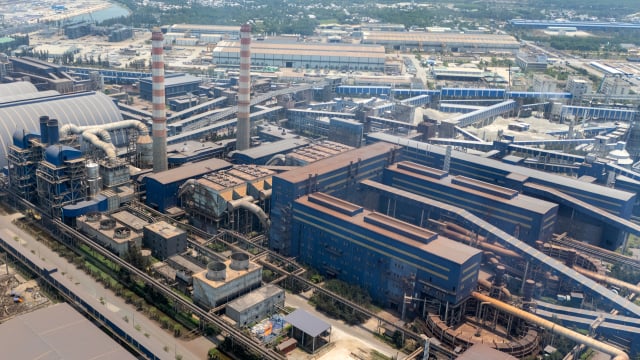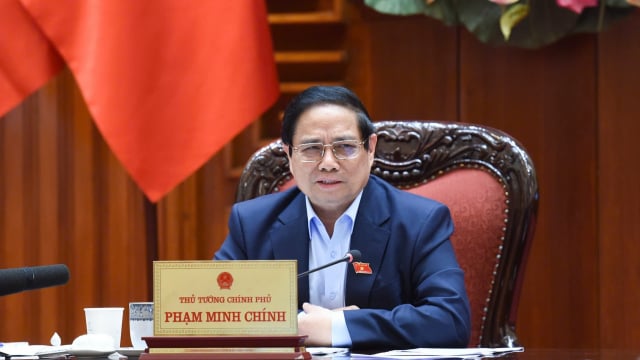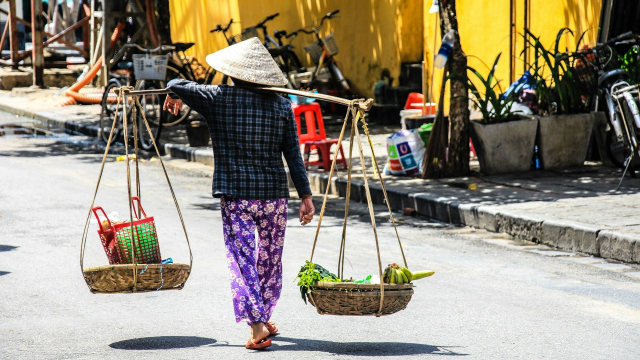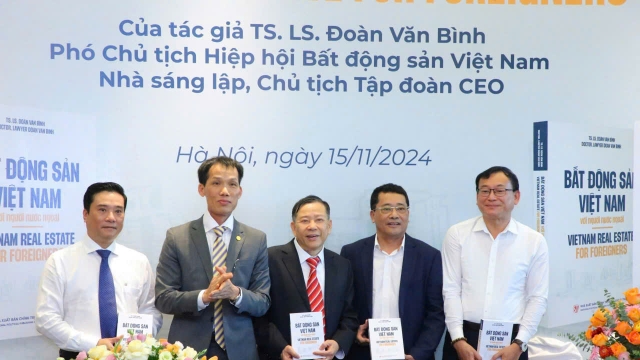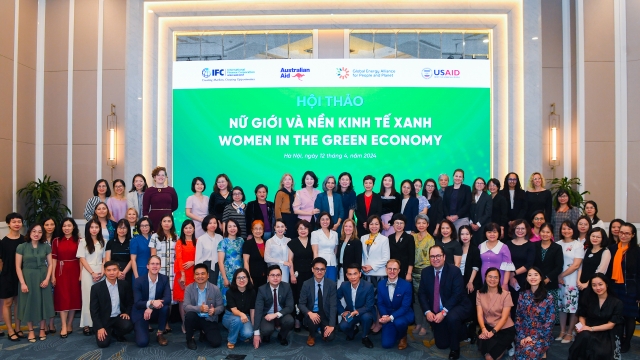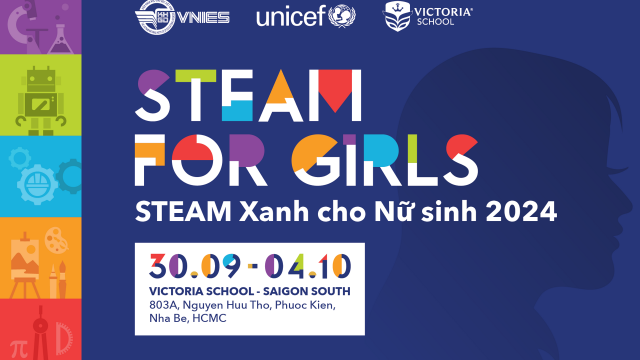National Focus
GIZ and Decathlon join to tackle textile industry's environmental challenges
The German development cooperation agency GIZ and Decathlon have launched a joint initiative to improve the environmental performance of the garment and textile supply chain in Vietnam.
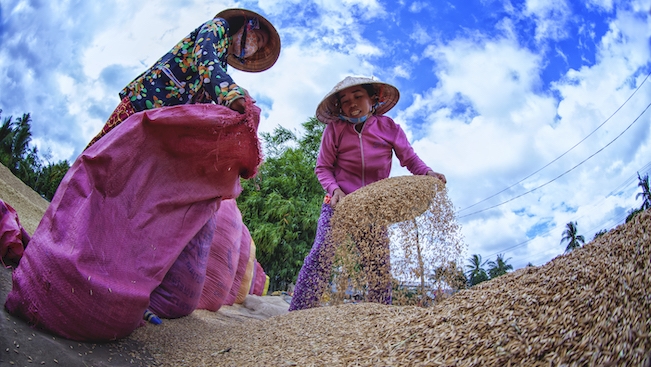
The global textile supply chain contributes to climate change through greenhouse gas emissions during garment production, but the industry itself is also impacted by climate change. Current impacts and future risks include disruption of supply chain production and transportation, as well as higher input costs from rising energy and water prices, while at the same time customer- and corporate demand for climate-friendly products is growing.
Moreover, global commitments and European legislation, among others the German Due Diligence Act that will enter into force in 2023 are increasing the pressure, as they require multinational companies to identify, prevent, mitigate, and account for environmental and social risks along supply chains. As a result, leading brands and manufacturers have set climate and environmental protection targets.
Vietnam is a leading supplier of high-quality textiles to global market leaders, but this will impose a heavy burden on the environment if the energy-intensive processes of textile manufacturing continue to be highly dependent on coal and oil.
Urged to find a renewable energy source to replace fossil fuels, Vietnam sees great potential in biomass. The country has abundant biomass resources including post-harvesting and post-processing waste from the agricultural and forestry industries.

Within a memorandum of understanding recently signed, two GIZ projects including ‘Climate protection through sustainable bioenergy markets in Vietnam’ (BEM) and ‘Fostering and advancing sustainable business and responsible industrial practices in the clothing industry in Asia’ (FABRIC) – will partner with Decathlon Vietnam to strengthen the company’s suppliers in terms of climate action, water use, energy efficiency and chemical management this year.
Specifically, the GIZ FABRIC project will offer free e-learning courses, such as Climate Action Training and Chemical Management Training (e-REMC), via the platform www.atingi.org. The FABRIC training tools are a combination of capacity-building measures and advisory services to train its brands and suppliers.
The Climate Action Training provides basic knowledge on climate change, greenhouse gas accounting, and reduction solutions in the area of energy efficiency and renewable energy, which has been developed in a collaboration with the UN Fashion Industry Charter for Climate Action and 13 brands, among others Decathlon.
The Chemical Management Training will support factories to improve and implement sustainable chemical management systems. The distinctive e-learning courses tutored by experts fit well with the learning needs of the factory staff, especially in the time of Covid-19, and result in a cost-effective implementation.
Marc Beckmann, Program Director of GIZ FABRIC, underlined that tackling climate change requires collaboration with international brands to jointly improve the conditions on the suppliers’ side where most of the emissions and environmental impacts happen.
"These innovative approaches for training will support suppliers to advancing their environmental performance. Thereby, they can position themselves as competitive actors in international supply chains. The learnings from this collaboration will also benefit the sector regionally and globally", said Marc Beckmann.
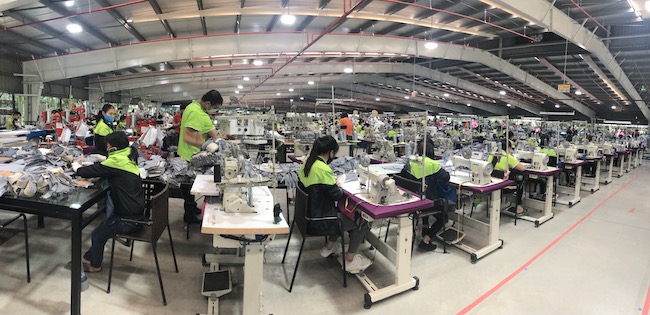
Meanwhile, the GIZ BEM project will join forces with Decathlon to replace coal consumption with sustainable biomass at the latter’s suppliers in Vietnam. BEM will provide Decathlon with technical guidance towards improving factory boiler efficiency, identifying sustainable solutions for biomass supply, open access to biomass markets for factories, and mapping out a practical supply of biomass resources.
Nathan Moore, Director of GIZ’s BEM said that the project aims to improve the preconditions for sustainable use of biomass for electricity and heat generation in Vietnam. Since 2019, the BEM project has worked with Decathlon Vietnam to organise a series of activities raising awareness and supporting the green energy transition.
"Therefore, formalization of this joint initiative by BEM, FABRIC and Decathlon will serve as a springboard for increasing commitments to maximize biomass energy in Vietnam, contributing to the nation’s sustainable development and climate goals," said Nathan Moore.
.jpg)
Decathlon in return will provide its suppliers’ factories with the training to increase the use of bioenergy and other renewable energy sources and support studies on the biomass supply chain. With more than 100 suppliers’ factories covering garment, textile, footwear and accessories in Vietnam, Decathlon will later disseminate the lessons learned from this partnership with GIZ, especially the company’s experience driving sustainability in its supply chain, to other national and global brands at related forums to multiply the impact.
Decathlon is among more than 120 fashion brands and retailers that have committed to the principles and targets in the UN Fashion Industry Charter for Climate Action, which provides a global vision for the industry to a target of 45 per cent reduction of greenhouse gas emissions by 2030 and net-zero emissions no later than 2050.
"Working with the BEM and FABRIC projects of GIZ, we hope that we can use 100 per cent biomass for our industrial heat or electricity supply by 2025 and become a trailblazer in sustainable use of biomass in the textile and garment sector," said Jérémie Piolet, Decathlon Vietnam Sustainability Leader.
Eco-design for circular economy
Resolution 68: A turning point in Vietnam's private sector policy
As Vietnam sets its sights on becoming a high-income country by 2045, Resolution 68 lays a crucial foundation. But turning vision into reality requires not only good policy - but also unwavering execution, mutual trust and national unity.
Vietnam plans upgrade of Gia Binh airport to dual-use international hub
Vietnam plans to upgrade Gia Binh Airport in Bac Ninh province into a dual-use international airport to support both military and civilian operations, the government said on Friday.
Lives under the scorching sun: Outdoor workers racing against climate change
Under unforgiving conditions, the outdoor workers - the backbone of urban economies - endure the harshest impacts of climate change while remaining overlooked by social safety nets. Their resilience and struggles highlight the urgent need for better protection in the face of rising temperatures and precarious livelihoods.
CEO Group chairman unveils guide to Vietnam real estate for foreigners
Doan Van Binh, Chairman of CEO Group and Vice President of the Vietnam National Real Estate Association, introduced his latest book, “Vietnam Real Estate for Foreigners,” at a launch event in Hanoi on Friday.
Women leading the charge in Vietnam's green transition
Acting for increased women’s participation and leadership in climate action, Vietnam can accelerate a transition that is more inclusive, just, and impactful.
Steam for girls: A journey of passionate and creative girls
The "Steam for girls 2024" competition provides a creative platform for Steam and an opportunity for students to connect with peers from various regions within Vietnam and internationally.















